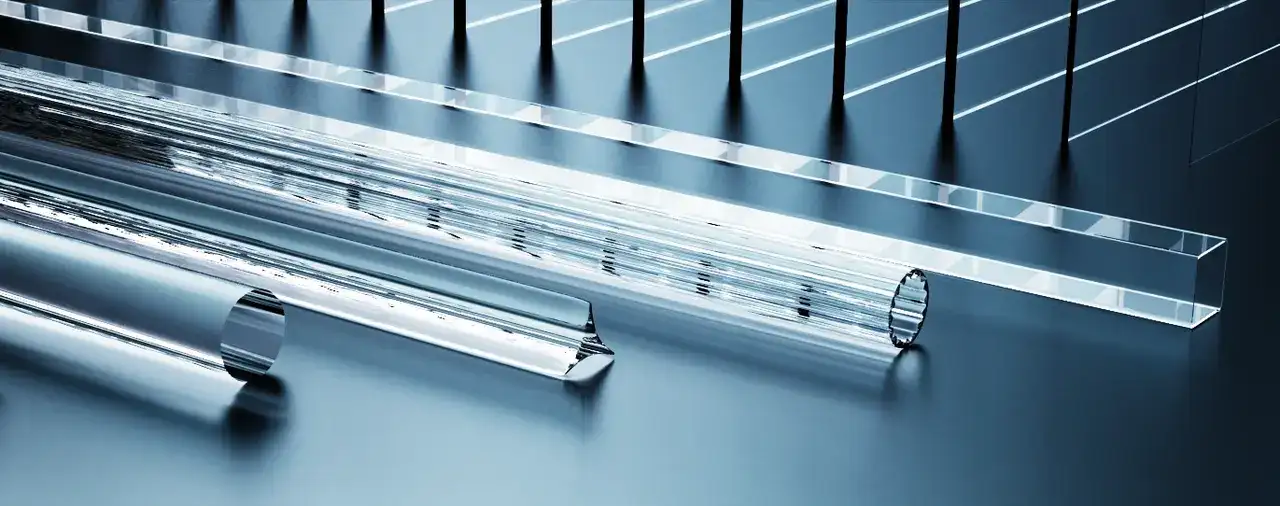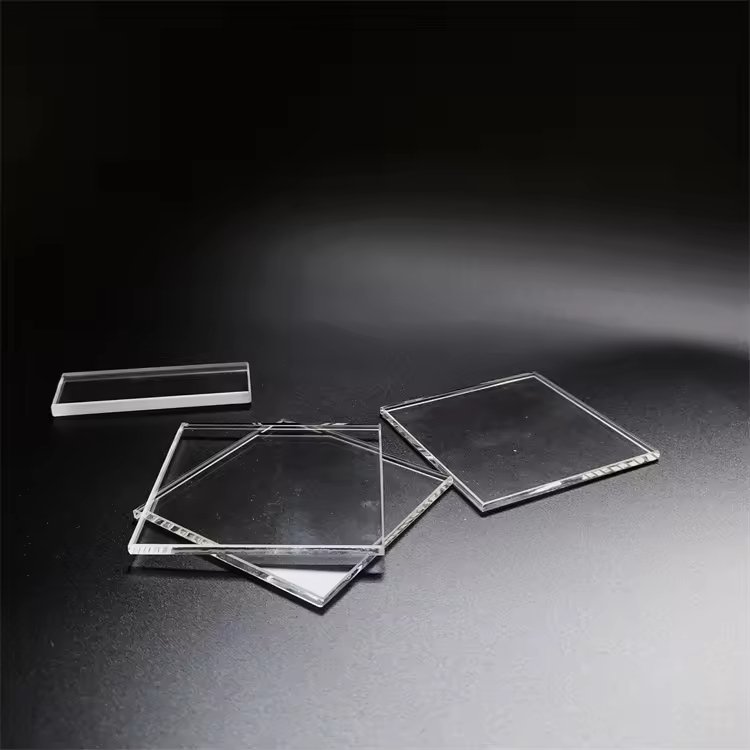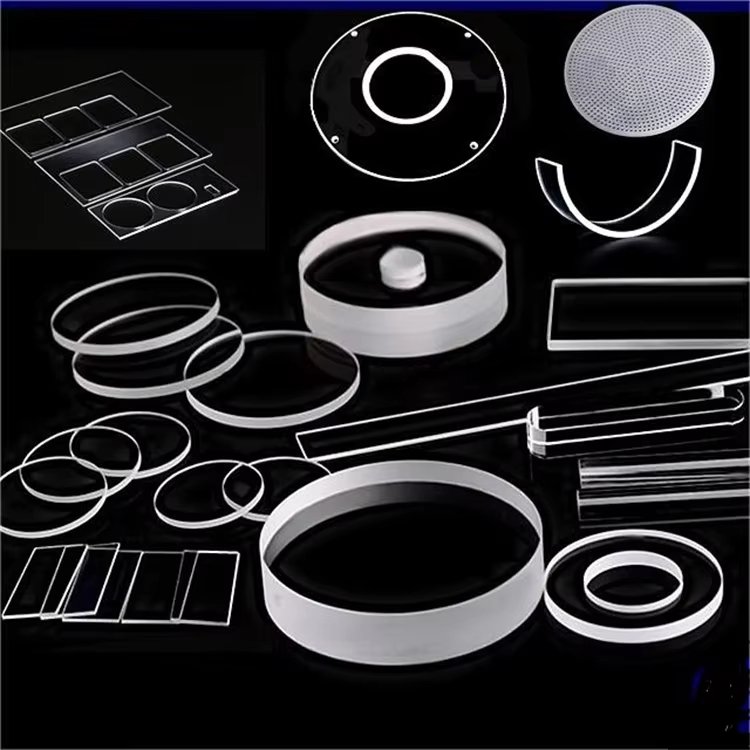
Borosilicate glass is a specialized type of glass known for its superior thermal resistance, chemical stability, and mechanical strength. This material is widely used in scientific, industrial, and culinary applications due to its unique properties. In this article, we will explore the various aspects of Borosilikatglas, compare it with other types of glass, and highlight its uses and advantages.
What is Borosilicate Glass?
Borosilikatglas is composed of silica and boron trioxide, which gives it remarkable resistance to heat and thermal shock. This type of glass is commonly used in laboratory settings, cookware, and other areas that require strength and durability. It differs significantly from standard glass, such as Natronkalkglas, due to its higher resistance to temperature changes and chemical corrosion.
If you want more clarity, check this video out!
Borosilicate Glass vs Regular Glass: Key Differences
Beim Vergleich Borosilikatglas with regular glass, such as Natronkalkglas, it is essential to consider the material composition. Soda lime glass, the most common type of glass, is made from a combination of sodium carbonate, lime, and silica. While it is adequate for basic uses like windows and containers, it is not as heat-resistant or durable as Borosilikatglas.
Advantages of Borosilicate Glass Over Soda Lime Glass

- Higher Thermal Shock Resistance: Borosilicate glass can withstand sudden temperature changes without cracking, making it ideal for laboratory glassware and cooking applications.
- Chemische Beständigkeit: Borosilicate glass is resistant to most acids, alkalis, and other chemicals, making it suitable for use in laboratories and chemical industries.
- Stärke und Langlebigkeit: Borosilicate glass is more durable and harder than soda lime glass, offering better protection against breakage.
Is Borosilicate Glass Breakable?
Despite its exceptional strength, Borosilikatglas is not unbreakable. It is more resistant to breaking than other types of glass, but it can still break under extreme pressure or impact. It is important to handle Borosilikatglas products with care to avoid breakage.
Borosilicate Glass vs Tempered Glass
Tempered glass is heat-treated to increase its strength and shatter resistance. While it is stronger than standard glass, Borosilikatglas excels in thermal shock resistance and chemical durability. In applications where heat and chemical exposure are critical factors, Borosilikatglas is the superior choice. However, in situations where shatter resistance is more important, tempered glass might be preferred due to its ability to break into smaller, less harmful pieces.
Disadvantages of Borosilicate Glass

Während Borosilikatglas offers many advantages, there are a few drawbacks to consider:
- Kosten: Borosilicate glass is typically more expensive than soda lime glass, which can make products like cookware and laboratory glassware pricier.
- Brittleness: Although it is more resistant to breakage, borosilicate glass is still relatively brittle, and it can shatter if dropped onto a hard surface.
- Availability: Not all manufacturers offer a wide range of Borosilikatglas products, limiting its availability in some regions.
Is Borosilicate Glass Safe?
Borosilikatglas is generally safe for use in various applications, including cookware, laboratory glassware, and drinking vessels. It does not contain harmful substances like lead, making it a non-toxic option for food and drink applications. However, like any glass, it should be handled carefully to avoid injury in case of breakage.
Is Borosilicate Glass Lead-Free?
Yes, Borosilikatglas is free from lead and other harmful substances. This makes it an ideal choice for applications involving food and drink, as it does not leach harmful chemicals into contents.
Where to Buy Borosilicate Glass
Wenn Sie auf der Suche nach Borosilikatglas products or raw materials, several manufacturers and suppliers offer high-quality products. As a leading China glass manufacturer, we specialize in Borosilikatglas and provide a range of custom Borosilikatglas products tailored to meet specific requirements. Whether you are in need of borosilicate glass rods, borosilicate glass tubes, or other custom items, we offer competitive pricing and exceptional service.
You can purchase Borosilikatglas from reputable suppliers worldwide. When looking for Hersteller von Borosilikatglas, ensure they provide clear specifications on the chemical composition and material properties to ensure that you are getting the best product for your needs.
Borosilicate Glass Chemical Properties
Die chemical composition of Borosilikatglas plays a vital role in its exceptional performance. The primary components of borosilicate glass include:
- Silica (SiO2): The main ingredient, giving the glass its basic structure.
- Boron Oxide (B2O3): Provides resistance to thermal shock and chemical corrosion.
- Alumina (Al2O3): Adds additional strength and durability to the glass.
This unique combination of materials results in a glass that is strong, heat-resistant, and chemically stable.
What is Borosilicate Glass Used For?
Borosilikatglas has a wide range of uses across different industries:
- Cookware: Popular in the form of Pyrex cookware, which can withstand high temperatures.
- Laboratory Glassware: Beakers, test tubes, and flasks made from Borosilikatglas are common in scientific research due to their chemical resistance and thermal shock properties.
- Optische Instrumente: The clarity and durability of Borosilikatglas make it ideal for use in optical lenses, prisms, and other optical devices.
- Medical Equipment: Glass components in medical instruments, such as syringe barrels and vials, are often made from Borosilikatglas due to its non-reactivity and strength.
Borosilicate Glass Melting Point and Temperature Range
Borosilikatglas has a high melting point, typically around 1,500°C (2,732°F), which is significantly higher than that of soda-lime glass. This allows Borosilikatglas to be used in high-temperature environments without warping or breaking.
Is Borosilicate Glass Toxic?
Borosilikatglas is not toxic and is often used in environments where non-reactivity is crucial. Its resistance to leaching makes it a safe choice for containers used with food, chemicals, and other substances. It is widely used in kitchens, laboratories, and industries requiring non-toxic, stable glass.
Custom Borosilicate Glass

For specialized applications, Borosilikatglas can be customized to meet unique requirements. Whether you need specific shapes, sizes, or designs, Borosilikatglas can be fabricated to your exact specifications.
LIGHTING GLASS is also your best pick if you ever need help with certain capabilities and services, such as polishing,Edging,CNC and many more!
Schlussfolgerung
In summary, Borosilikatglas is a highly versatile material with superior resistance to heat, chemicals, and mechanical stress. It is widely used across various industries, including cooking, scientific research, and medical applications. By understanding its properties, benefits, and potential drawbacks, you can make informed decisions about whether Borosilikatglas is the right material for your needs.
For high-quality Borosilikatglas products, whether rods, tubes, oder custom glassware, consider working with a reputable supplier. As one of the leading China glass manufacturers, we offer top-notch Borosilikatglas solutions tailored to meet your specific needs.
